The glycemic index (GI) is a measurement used to determine the effect that a meal has on blood sugar levels after consumption.
It describes the blood glucose response after consuming carbohydrates. It was coined in the early 1980s by Dr. David Jenkins, a Canadian professor.
Food containing carbohydrates affects the blood sugar levels in the human body.
This is because when carbohydrates are being consumed, the digestive system breaks them down to simple sugars.
Carbohydrates are found in bread, vegetables, cereals, fruits, and dairy products.
There are three levels of glycemic index which are; low (55 or below), medium (56 to 70), and high (above 70).
Foods with a low glycemic index are foods that contain a low level of carbohydrates and have minimal effect on blood sugar levels.
They are digested and absorbed slowly, causing a slower and smaller rise in blood sugar levels.
However, in this article, we will discuss Nigerian foods with low glycemic index.
15 Nigerian Foods With Low Glycemic Index
Below are some common foods in Nigeria that have a low glycemic index.
1. Akara
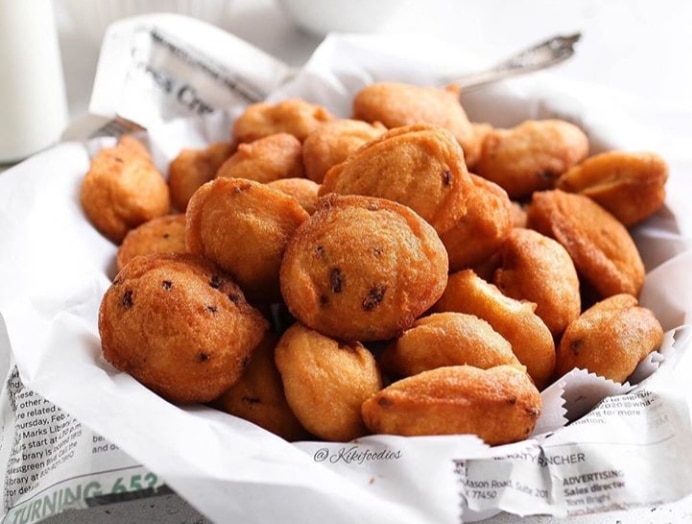
Akara is a local Nigerian snack made from beans, which is one of the Nigerian foods with low glycemic index.
Research by Olabisi Akinlua of Olabisi Akinlua Food Technology Department, Moshood Abiola Polytechnic, showed that Akara had a GI of 44.
2. Cashew nuts
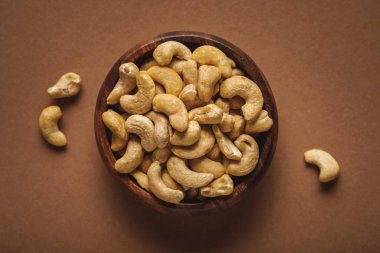
Cashew nuts are one of the many healthy nuts in Nigeria.
It is the edible nut gotten from the cashew tree. This nut has an incredibly low glycemic index of 24.
3. Fio Fio (Pigeon Peas)
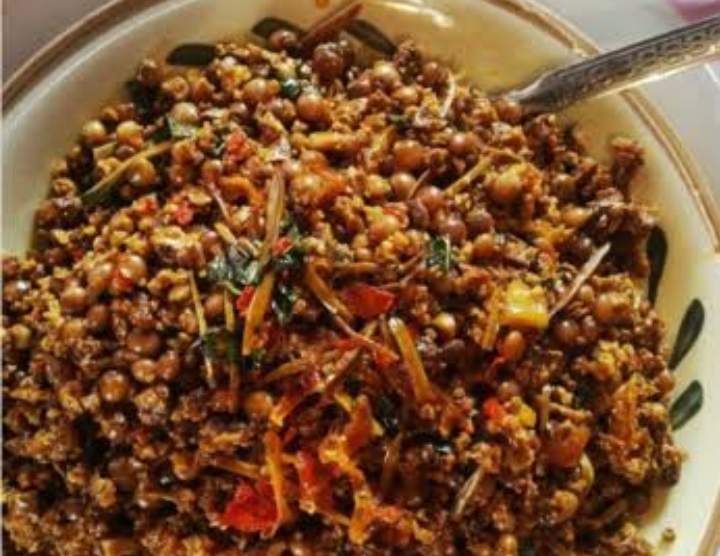
Pigeon Peas are a common legume eaten in many parts of the world.
In Nigeria, it are known as fio fio and is used to prepare delicious meals. Pigeon pea or fio fio has low glycemic index of 30.99.
4. Acha (Fonio)
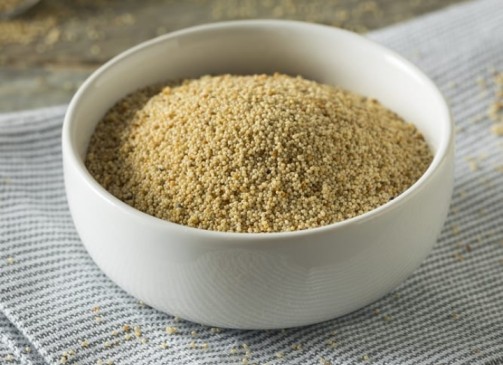
Fonio (Digitaria exilis) is a popular grain of the millet family that is called Acha in Nigeria.
It is a highly nutritious food with many health benefits.
Fonio has a low glycemic index (GI) score, which means that it doesn’t quickly raise your blood sugar levels.
5. Okra
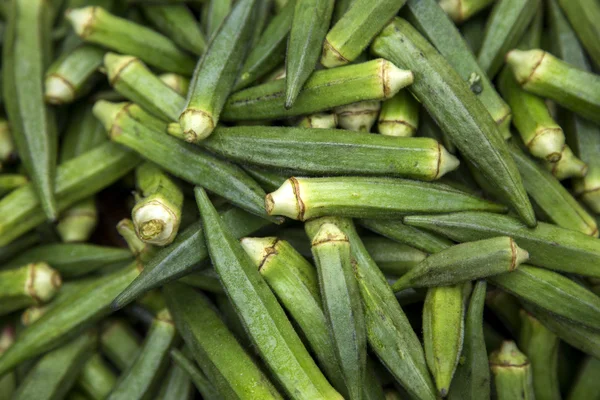
Another Nigerian food with a low glycemic index is okra. Okra has a glycemic index of 18.
According to medical research, okra contains a very low glycemic index value; therefore, it can help diabetic patients control their blood sugar levels.
6. Corn
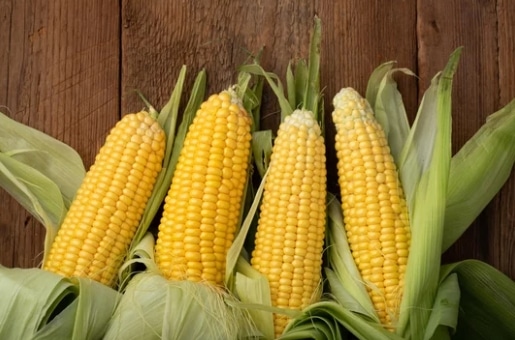
A 60g serving of corn has a glycemic index of 48. A 2010 study suggested that boiled maize should be the preferred choice for diabetic patients.
7. Unripe plantain
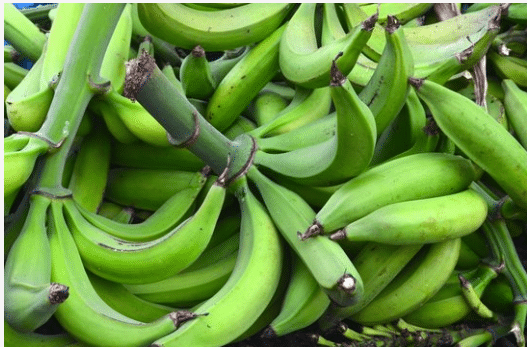
Plantain is a popular food in Nigeria. It also has a low glycemic index. Plantain has a glycemic index of 53.
However, unripe plantain has a lower GI than ripe plantain, with a GI of 40.
8. Banana
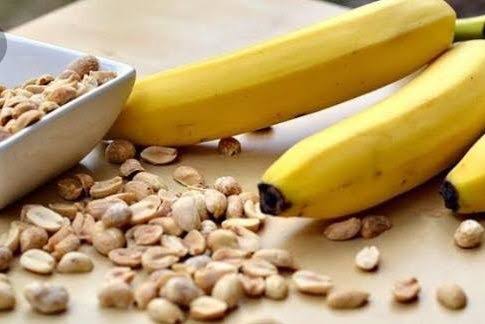
Bananas are one of the Nigerian fruits with a low glycemic index.
They have a low glycemic index value below 50. Its glycemic index value is 48.
It aids weight loss and manages blood sugar levels. Banana and groundnut is a famous healthy combo in Nigeria.
9. Okpa
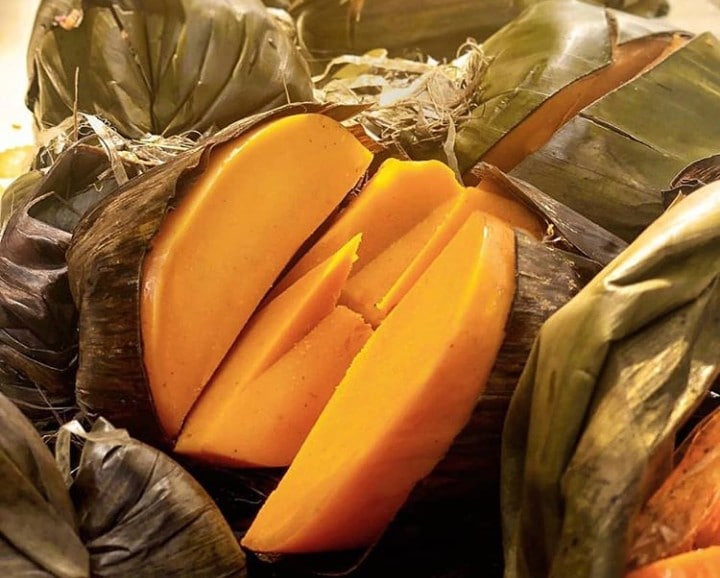
Okpa is a Nigerian meal that is prepared from Bambara nuts.
It is also known as Bambara nut pudding and is very popular in the South Eastern part of Nigeria.
Okpa has a glycemic index of 66, which makes it okay for diabetics.
10. Ofada rice

Ofada rice is also very good. Ofada rice has a glycemic index of 50.
The body digests Ofada rice slower than white rice, and it contains more fiber; therefore, it aids weight loss.
11. Carrots
Carrots are a root vegetable that is grown and widely consumed in many parts of Nigeria.
It is also used to prepare many delicacies, such as Nigerian jollof rice. However, carrots have low glycemic index of 32.
12. Leafy green vegetables
A lot of the green leafy vegetables in Nigeria have very low glycemic indices. Below are some of them (when cooked):
- The glycemic index of fluted pumpkin leaves or ugu leaf is 24
- The glycemic index of scent leaf is 39
- The glycemic index of curry leaf is 27
- The glycemic index of water leaf is 34
- The glycemic index of Nigerian spinach is 35
- The glycemic index of bitter leaf is 36.
13. Milk
A number of dairy products have low glycemic indices.
For example, full-fat milk has a GI of 31 in 250 mL. At the same time, skim milk has a glycemic index of 31 in 250 mL.
Fura da nono, a popular dairy product in Nigeria, also has a low glycemic index.
14. Fruits
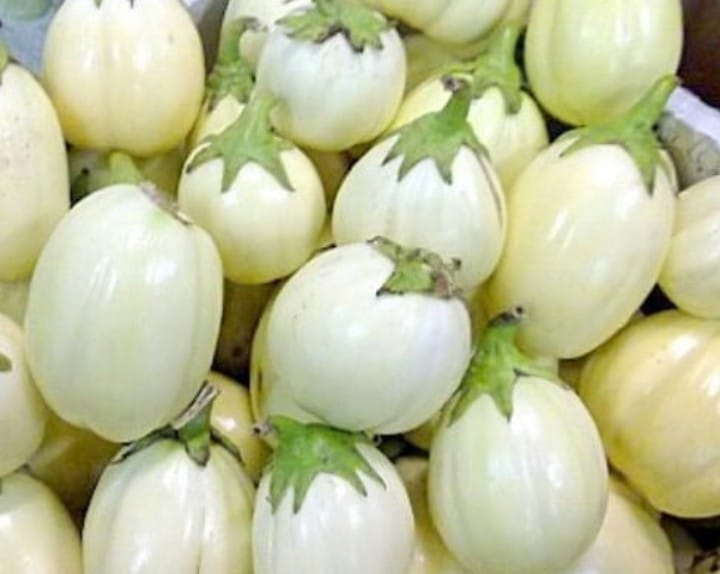
Most fruits generally have low glycemic index.
Some common fruits in Nigeria with low glycemic index are apples, grapefruit, soursop, orange, pear, tomatoes, and garden eggs.
15. Tiger Nuts
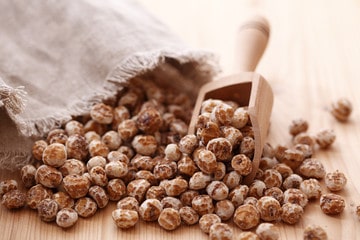
Tiger nuts also have a fairly low glycemic index, and are good for diabetics.
According to a study, the glycemic index of tiger nuts is 60.
Health Benefits Of Eating Foods With A Low Glycemic Index
Reduces the risk of having diabetes:
Over millions of people are affected by diabetes. Diabetes is a condition whereby a person is unable to process sugars and produce insulin.
This makes it difficult to maintain healthy blood sugar levels.
A 2019 study suggested that low glycemic index diets may be useful for glycemic control and may reduce diabetes.
May aid in weight loss:
Low glycemic index diets are rich in fibers that digest slowly in the body and help in weight loss.
A 2019 study showed that foods with low glycemic index are moderately effective in lowering body weight.
Improves cholesterol levels:
A 2012 study showed that low GI diets reduce total cholesterol levels by 9.6% and LDL cholesterol by 8.6%.
Conclusion
Low glycemic index diets are foods that contain low levels of carbohydrates. There are Nigerian foods with low glycemic index, as discussed in this article. They are beneficial to diabetic patients and obese patients.
YOU SHOULD ALSO READ:
- Healthy Nigerian Foods for Ulcer Patients
- Common Nigerian Foods That Balance Hormones
- 7 Nigerian Foods To Eat When Trying To Conceive
- 5 Nigerian Foods To Eat After A C-section
- 10 Nigerian Foods To Avoid When You Have High Blood Pressure
- 5 Nigerian Foods to Avoid While Breastfeeding
- 7 Nigerian Foods To Eat If You Have Acid Reflux Disease
- 10 Nigerian Foods That Lower Blood Sugar
- 10 Known Nigerian Foods That Are Rich in Iron
- 15 Nigerian Foods That Are Rich In Zinc
- 10 Nigerian Foods That Are Gluten-Free
Collins Nwokolo is a human physiologist, writer and health enthusiast. He loves writing helpful articles on health and fitness, which he enjoys sharing with everyone.





